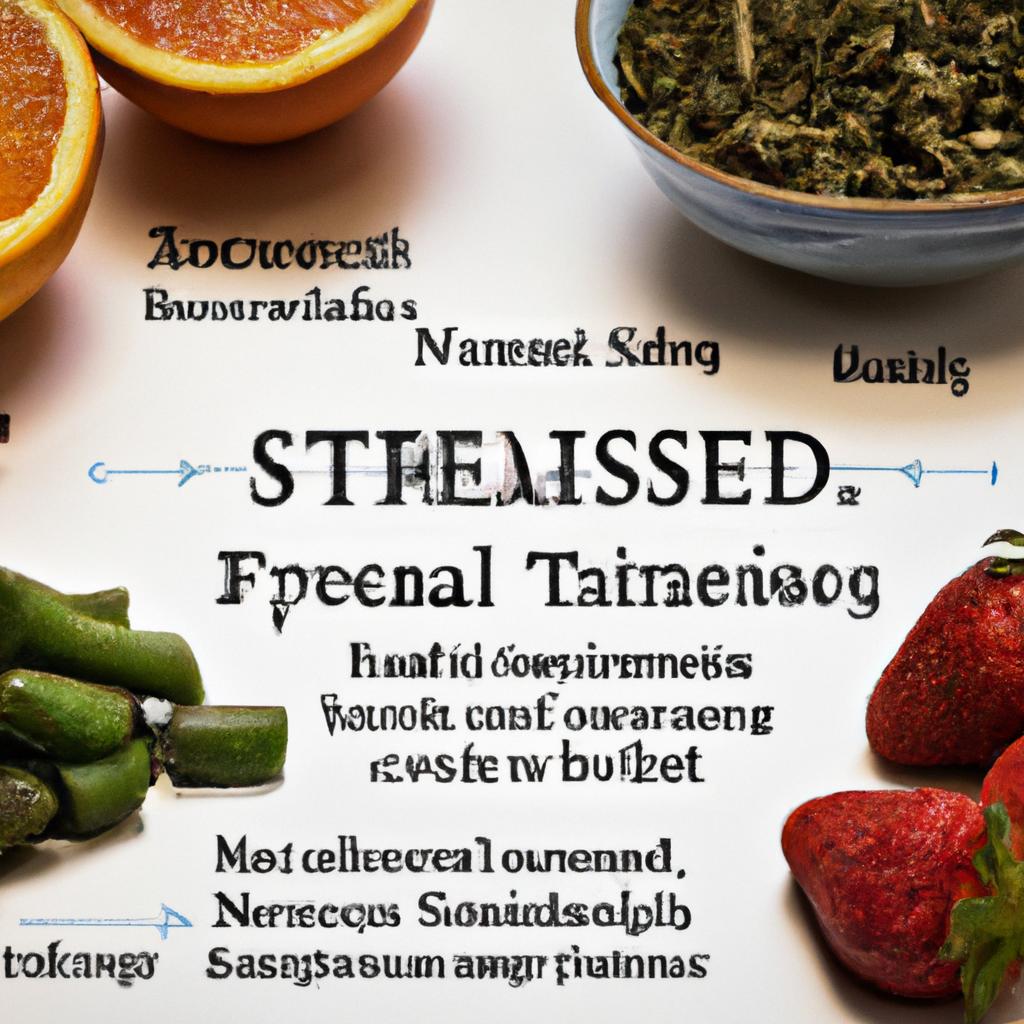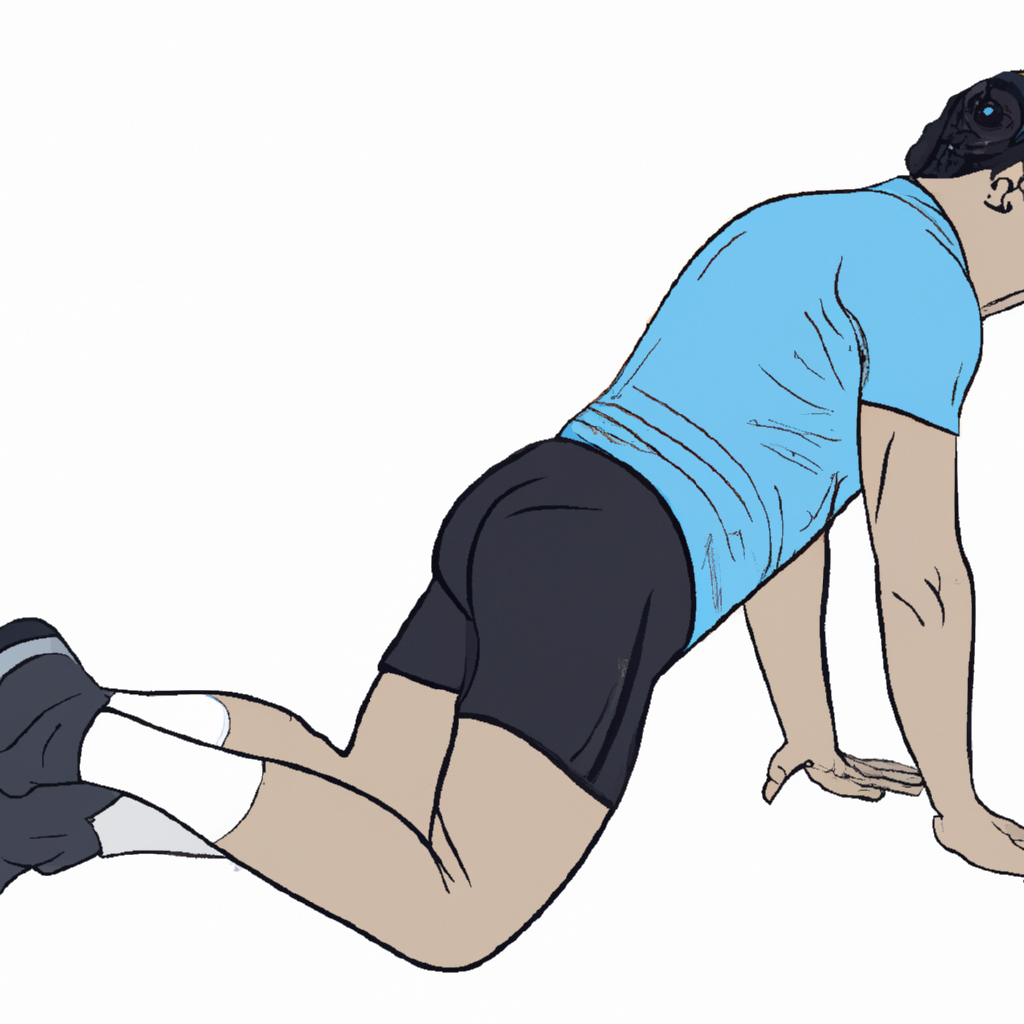**”Nutritional Strategies for Managing Stress: How Specific Foods Can Influence Your Body’s Stress Response”**
# Nutritional Strategies for Managing Stress: How Specific Foods Can Influence Your Body’s Stress Response
In our fast-paced world, stress has become an inherent part of life for many individuals. While stress responses are natural and can even be beneficial in short bursts, chronic stress can lead to a host of health issues, including anxiety, depression, and cardiovascular diseases. Fortunately, our diet plays a pivotal role in how we manage stress. Certain foods can either exacerbate stress or help mitigate its effects. By understanding how specific nutrients influence our body’s stress response, we can make informed dietary choices that promote better mental well-being.
## The Connection Between Nutrition and Stress Response
### Understanding Stress Response
When we experience stress, our bodies release hormones such as cortisol and adrenaline. These hormones prepare us for a fight-or-flight response, but chronic elevations can lead to health issues. Nutrition can play a crucial role in regulating these hormone levels and influencing our overall stress resilience.
### How Foods Influence Stress
Certain nutrients can impact neurotransmitter production, hormone regulation, and even inflammation levels in the body. For example, omega-3 fatty acids can reduce inflammation and cortisol levels, while magnesium plays a role in neurotransmitter release. By consuming a balanced diet rich in these nutrients, we can effectively manage our stress levels.
## Key Nutrients for Stress Management
### Omega-3 Fatty Acids
Found in fatty fish like salmon and sardines, as well as flaxseeds and walnuts, omega-3 fatty acids are known for their anti-inflammatory properties. Research indicates that these fats can help lower cortisol levels and support brain health, making them a vital part of a stress-reducing diet.
### Antioxidants
Fruits and vegetables rich in antioxidants, such as berries, spinach, and nuts, can combat oxidative stress in the body. Oxidative stress can exacerbate anxiety and stress, so incorporating these foods can serve as a protective measure.
### Magnesium
Magnesium, found in leafy greens, nuts, seeds, and whole grains, is known to regulate neurotransmitters that send signals throughout the nervous system. Low magnesium levels have been linked to increased anxiety and stress, making it essential for maintaining mental wellness.
### B Vitamins
B vitamins, particularly B6, B12, and folate, play a crucial role in brain health and mood regulation. Foods rich in B vitamins include whole grains, eggs, legumes, and dairy products. These vitamins help produce neurotransmitters such as serotonin, which can enhance mood and reduce stress levels.
## Nutrition Tips
1. **Eat a Balanced Diet**: Focus on a variety of whole foods, including fruits, vegetables, whole grains, lean proteins, and healthy fats. This diversity can provide essential nutrients that help manage stress.
2. **Stay Hydrated**: Dehydration can lead to increased cortisol levels. Aim to drink plenty of water throughout the day to keep your body functioning optimally.
3. **Limit Processed Foods**: Highly processed foods often contain added sugars and unhealthy fats that can lead to inflammation and worsen stress. Opt for whole foods whenever possible.
4. **Incorporate Stress-Relief Foods**: Add foods rich in omega-3s, antioxidants, magnesium, and B vitamins to your meals. Think of dishes that include salmon, leafy greens, berries, and nuts.
5. **Mindful Eating**: Pay attention to your eating habits. Eating mindfully can reduce stress and promote better digestion, allowing your body to process nutrients more effectively.
## Exercise Advice
Exercise is another powerful tool for managing stress. Physical activity releases endorphins, which are chemicals in the brain that act as natural painkillers and mood elevators. Here are some exercise tips for stress management:
– **Regular Activity**: Aim for at least 150 minutes of moderate aerobic activity each week. This can include walking, cycling, swimming, or dancing.
– **Incorporate Mind-Body Exercises**: Practices like yoga and tai chi not only improve physical fitness but also promote relaxation and mindfulness, reducing stress levels.
– **Break it Up**: If you’re short on time, break your exercise into shorter, more manageable sessions throughout the day. Even a 10-minute walk can help clear your mind and reduce stress.
## Health Benefits
Implementing these nutritional strategies and exercise routines can yield numerous health benefits. Reduced stress can lead to improved sleep quality, enhanced mood, and better cognitive function. Additionally, a well-balanced diet and regular physical activity can bolster your immune system, reducing the risk of stress-related illnesses. Over time, these changes can lead to a healthier lifestyle overall, making you more resilient against future stressors.
In conclusion, managing stress effectively involves a multifaceted approach, with nutrition playing a crucial role. By incorporating specific foods rich in omega-3 fatty acids, antioxidants, magnesium, and B vitamins into your diet, along with regular physical activity, you can significantly influence your body’s stress response and enhance your overall well-being. Taking these steps not only helps alleviate stress but also promotes a healthier, more balanced life.















Post Comment